Blog

- Project update
Songhay Cowhide Patterns: Field notes from Gao, Mali
Mohomodou Houssouba's field work in Gao has unearthed a new series of photographs of cowhide patterns and their names in Songhay.
Mohomodou Houssouba's field work in Gao has unearthed a new series of photographs of cowhide patterns and their names in Songhay. He has so far collected the Songhay words for approximately 75 different types of cow pattern, 30 different types of goat pattern, 6 different types of donkey patterns and while he has collected the names for horses, image are still pending. You can see more of the photos on songhay.org.
This precise vocabulary allows for a fantastic accuracy of description. In an email conversation, Mohomodou said, "When I talk with people in the village, they laugh, they say, when they hear people describing their lost animals in radio announcement: a red calf, a white heifer, a black ram with a white hind. Respectively “sinje”, “fure” and ”saraleddi”. [The female would be “saralew”). They perceive a lot of masterful coding in the city but progressively [less] in the countryside. Many rural children no longer know more than the simple patterns. It is part of my research on local knowledge, codes that are used like a telex or algorithm and are so precise exactly because they’re strictly encoded."
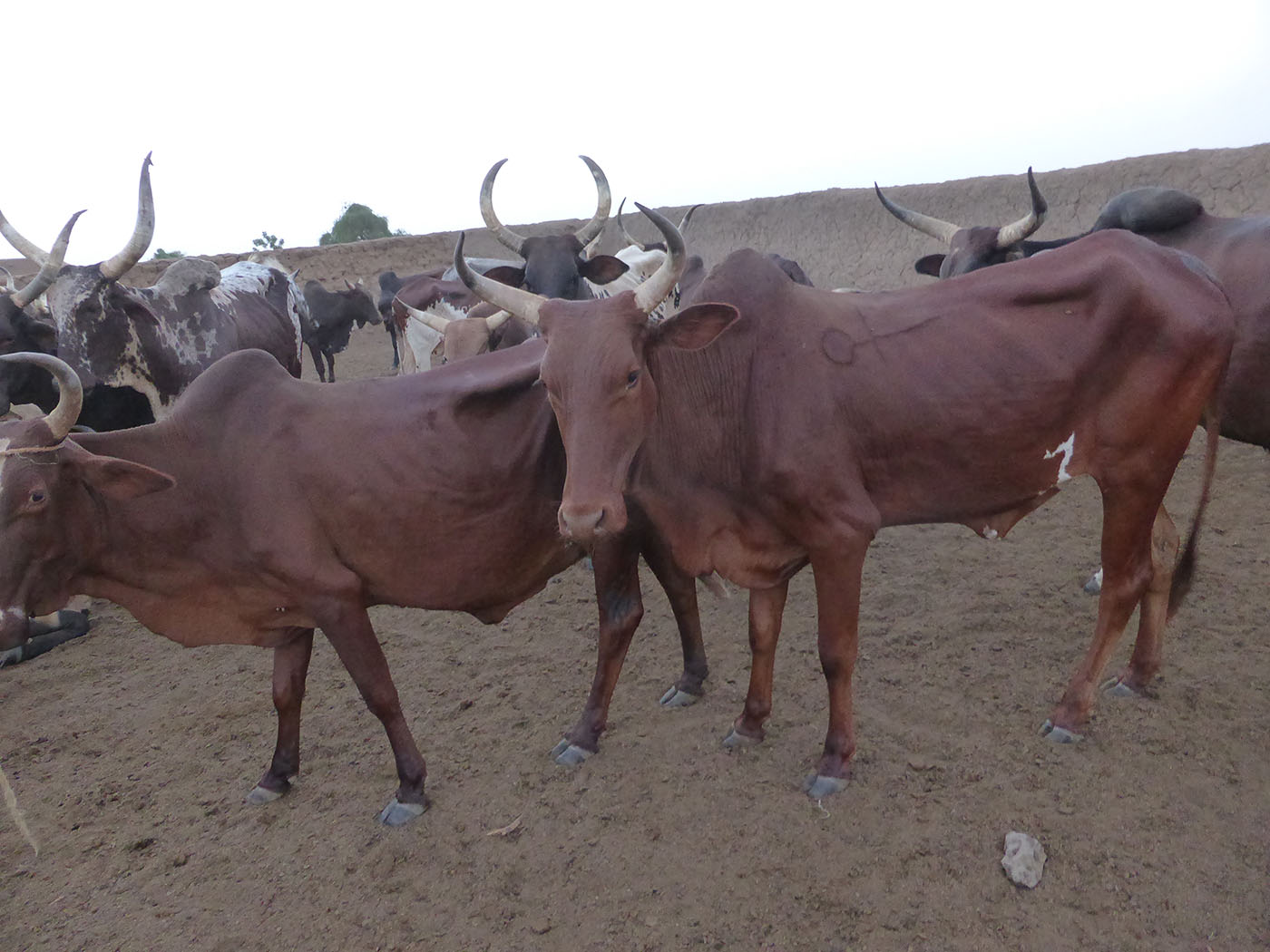
Baagiri
Another interesting element is the set of links between other West African languages and Songhay. As Mohomodou says, "Actually there is an interlingual dimension since most names seem to have been originally Fulah (Peul, Fulfulde, Pulaar). The main herders in the region were Peuls who lost their language (Hausa Fulan or Northern Fulahs/Peuls) and adopted Songhay. There is a bit of terminological archeology involved."
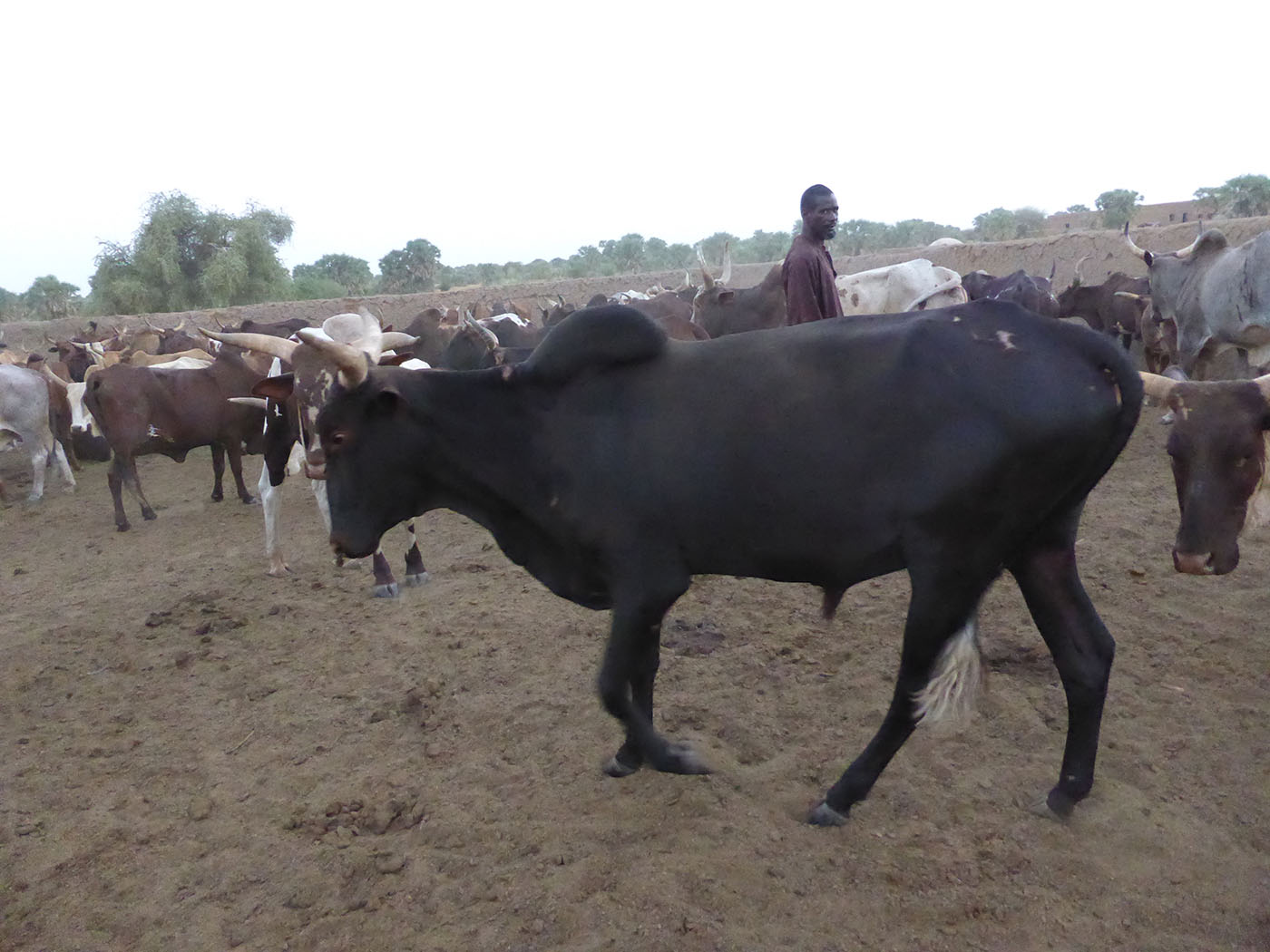 Bale
Bale
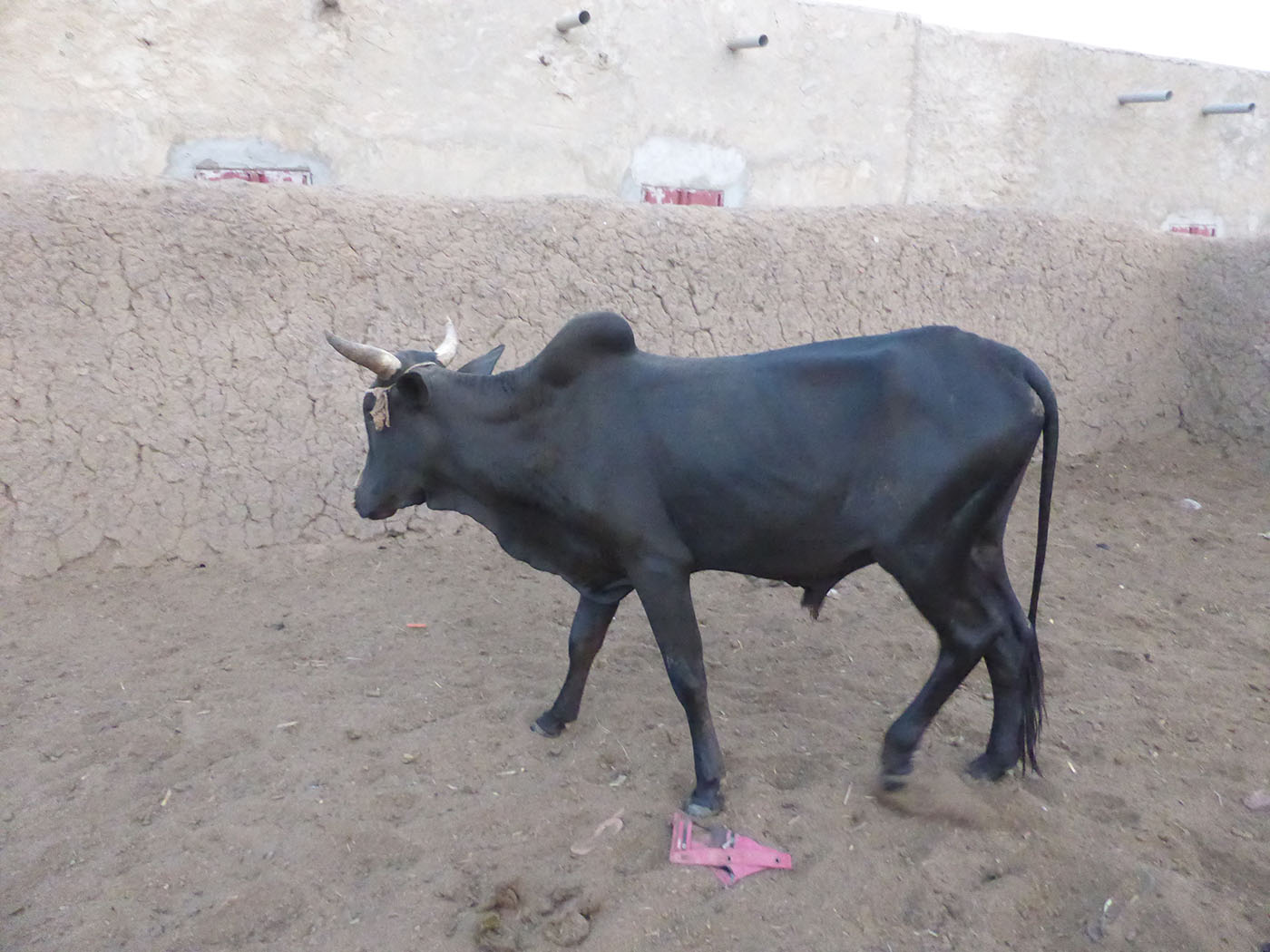
Baleeri
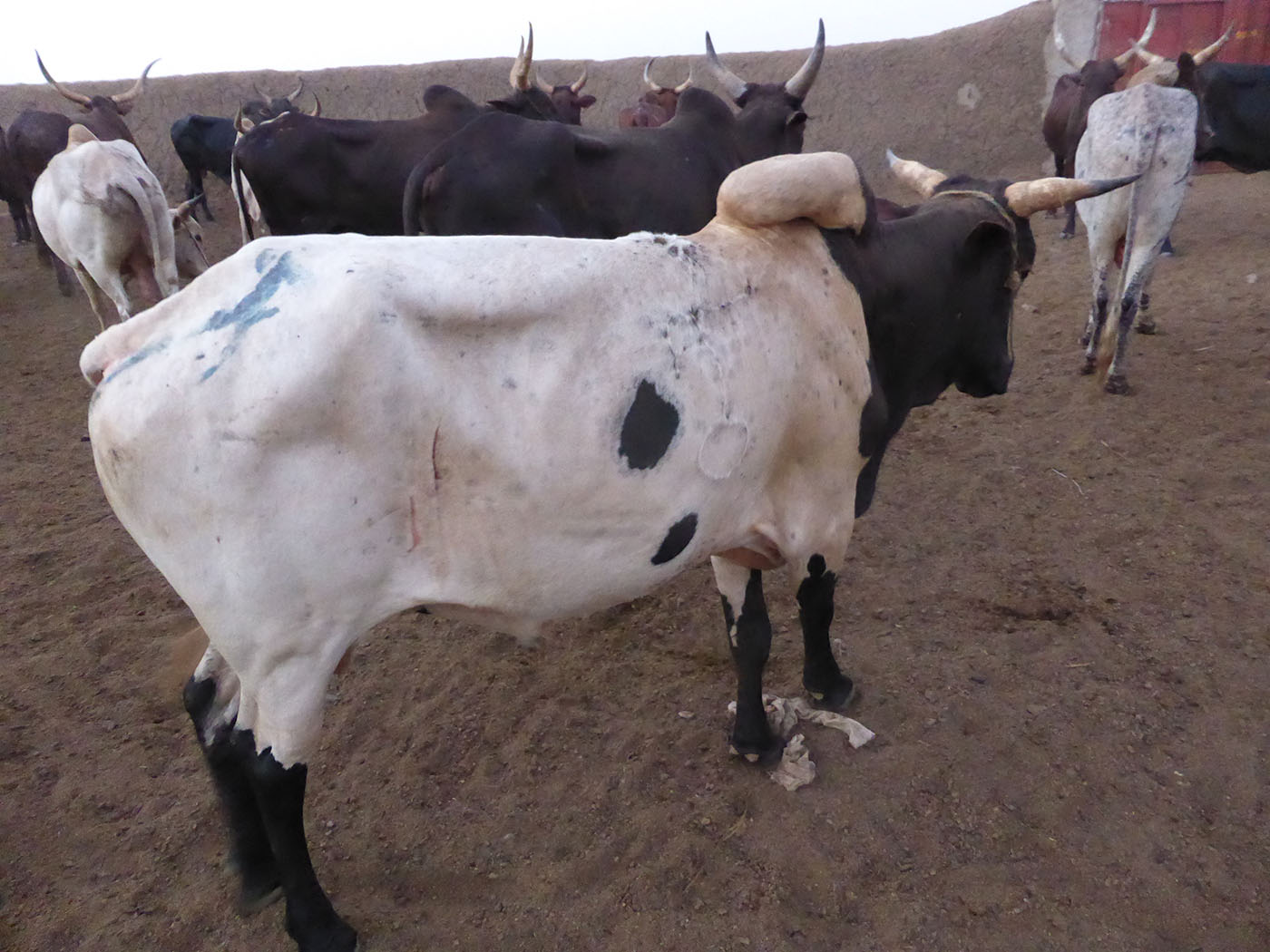 Daakiri
Daakiri
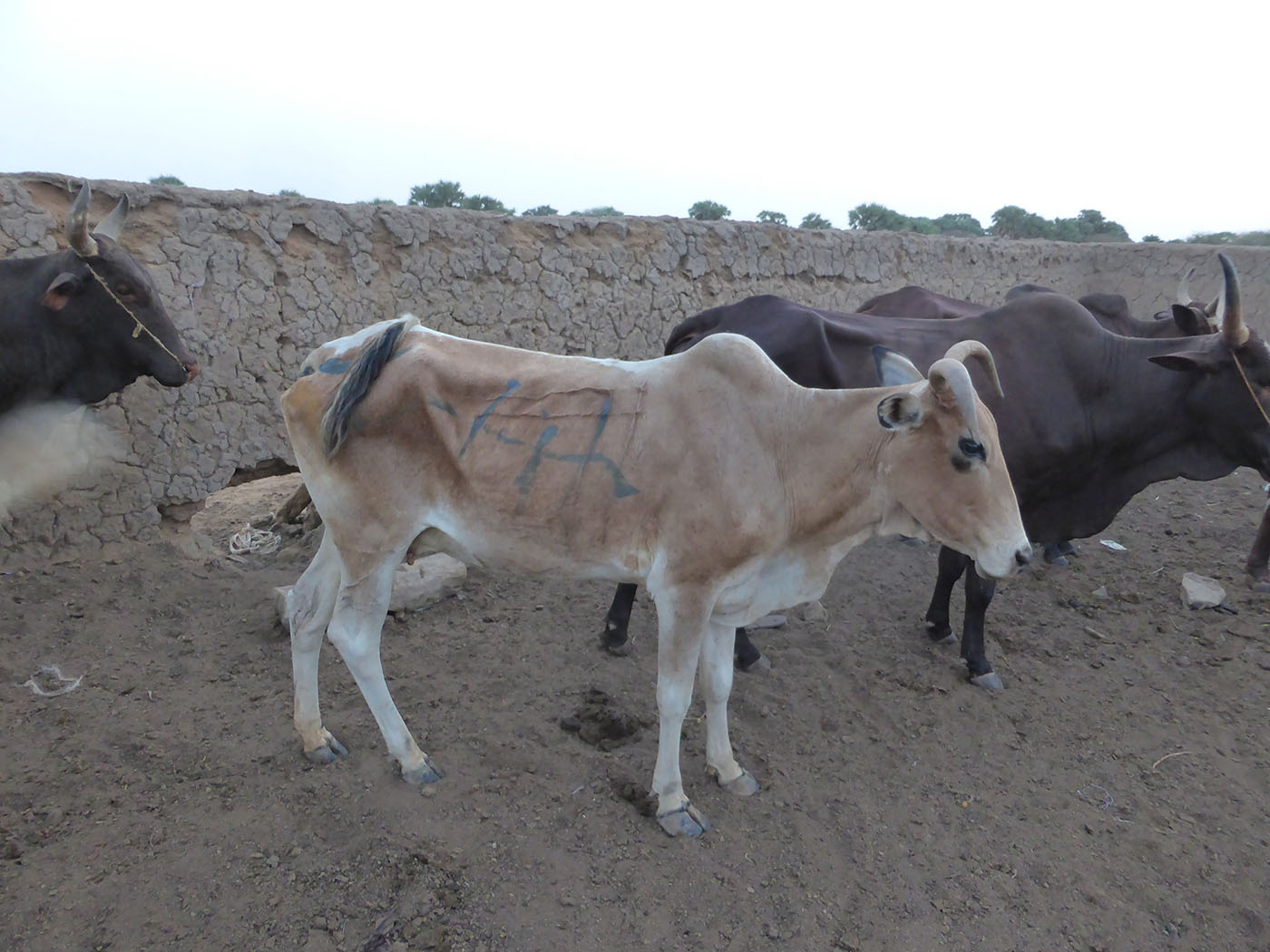 Darje woole
Darje woole
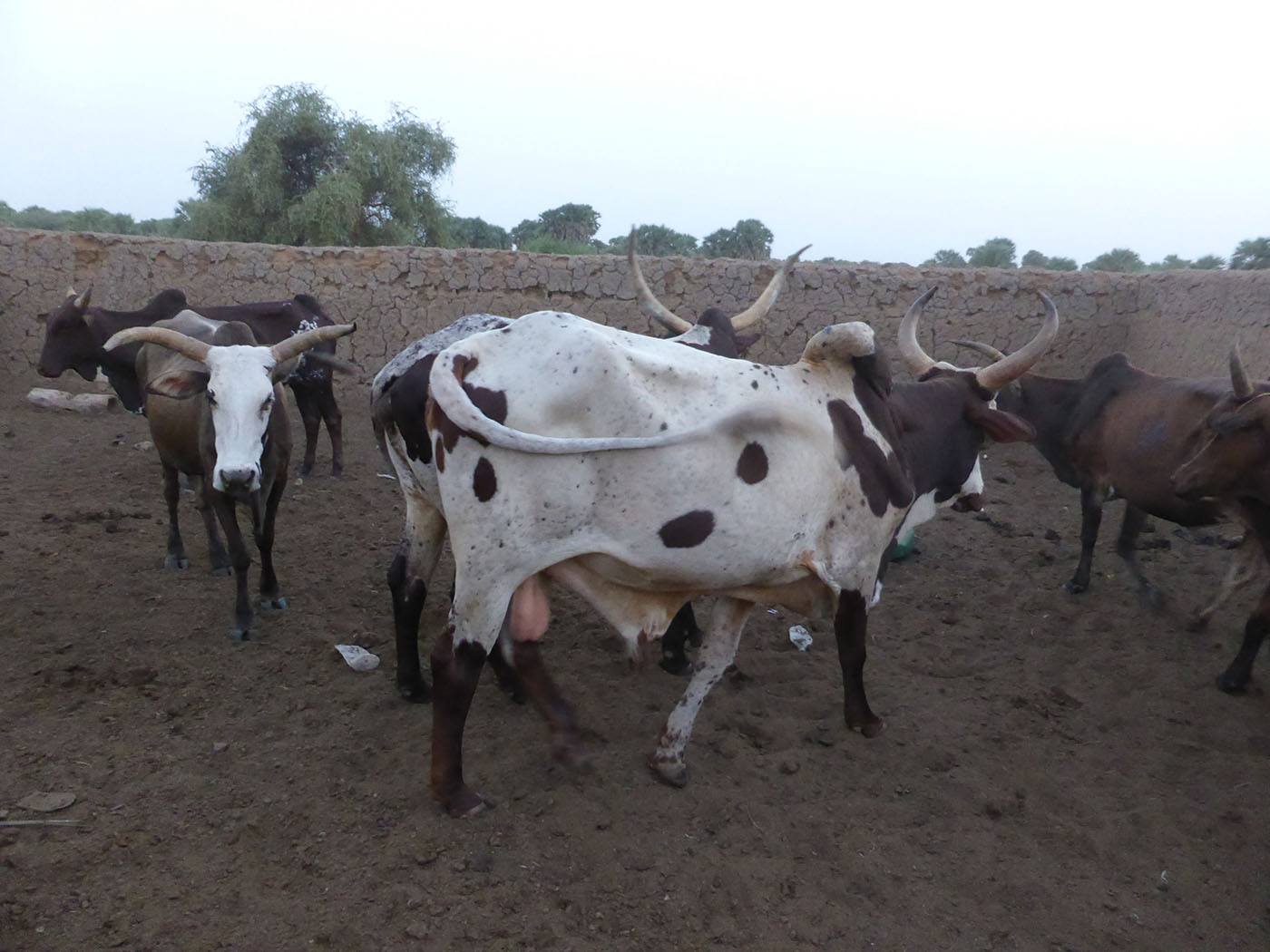 Dumalde
Dumalde
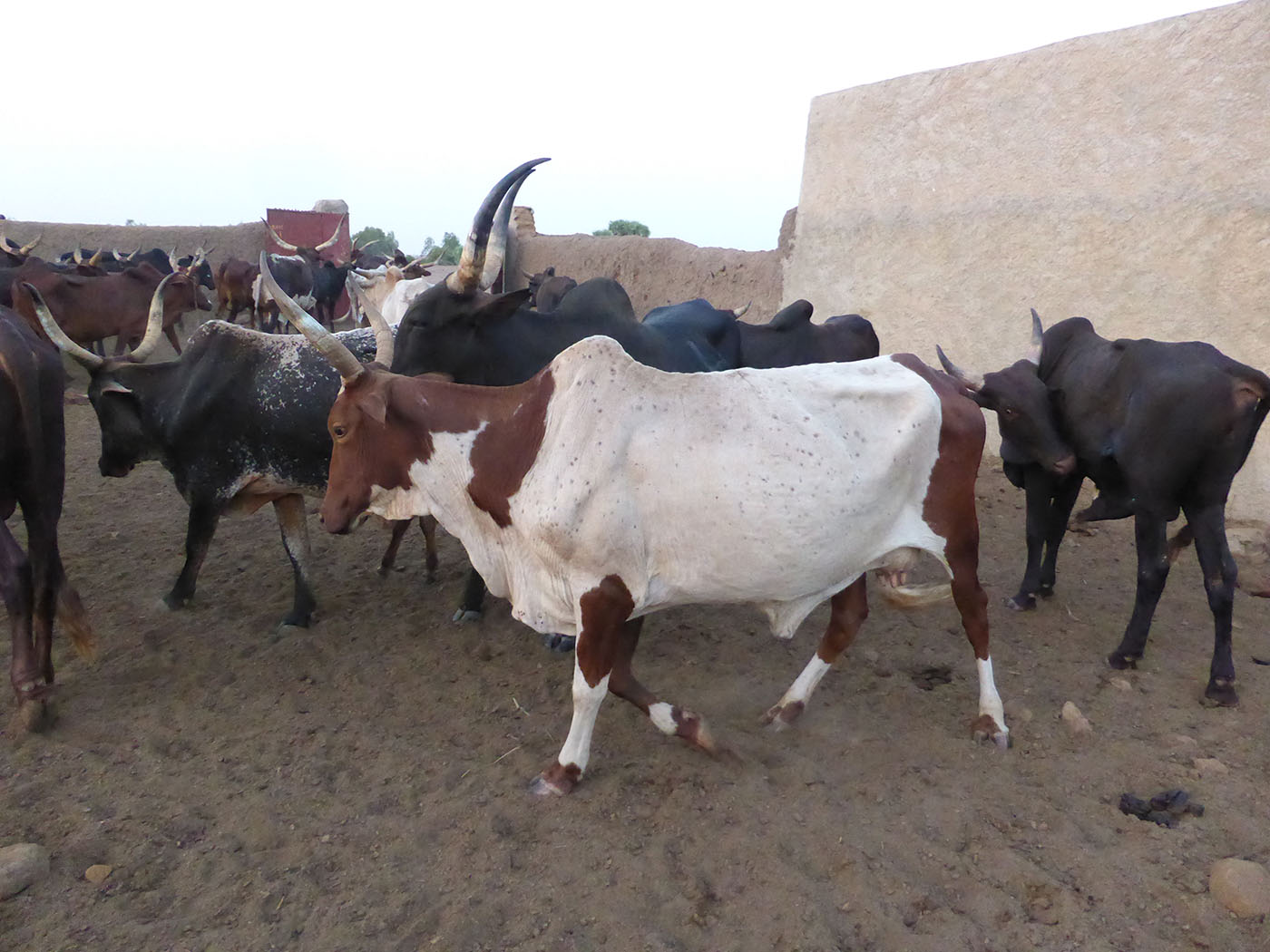
Dumare
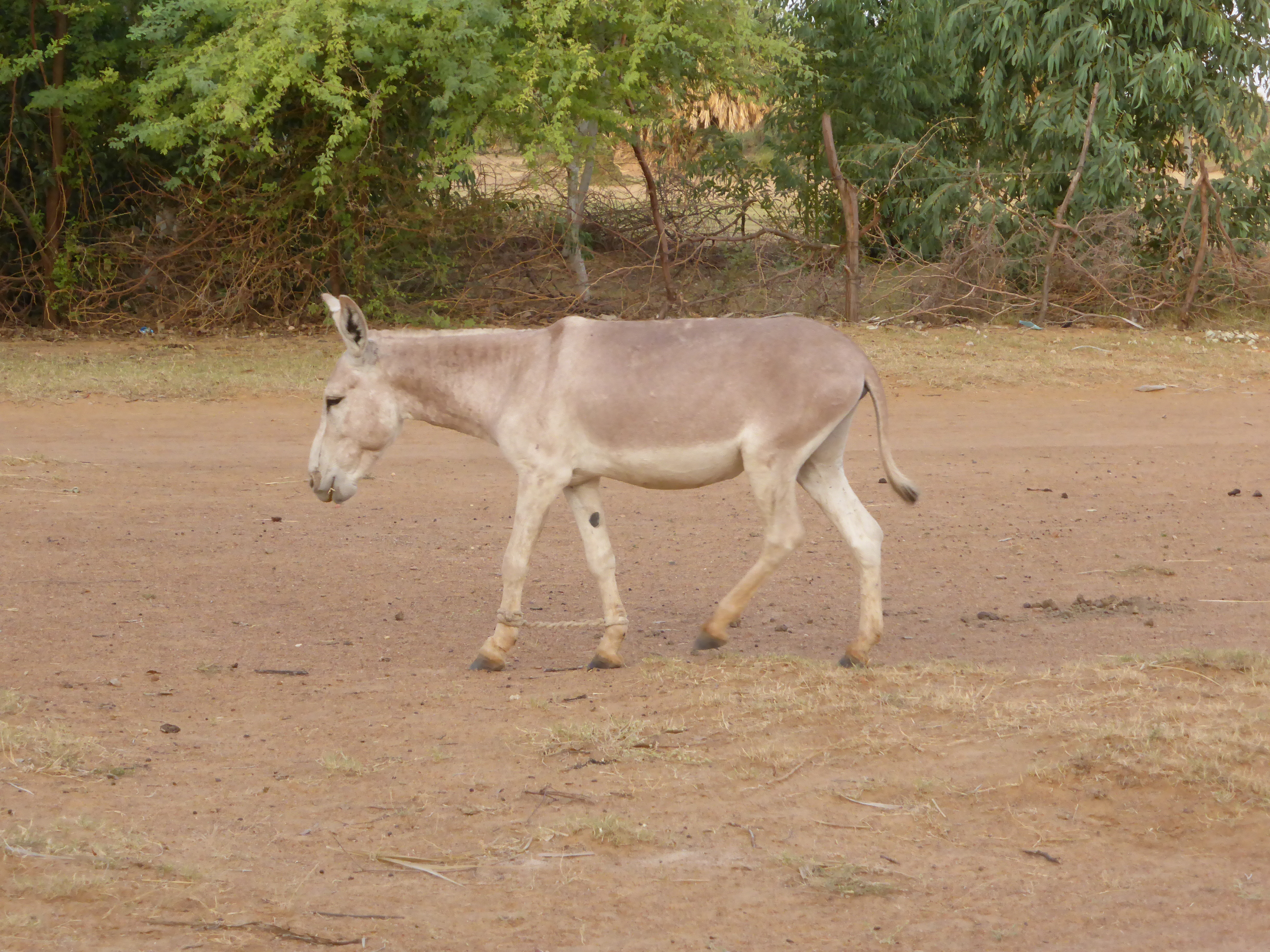
Nbodiya
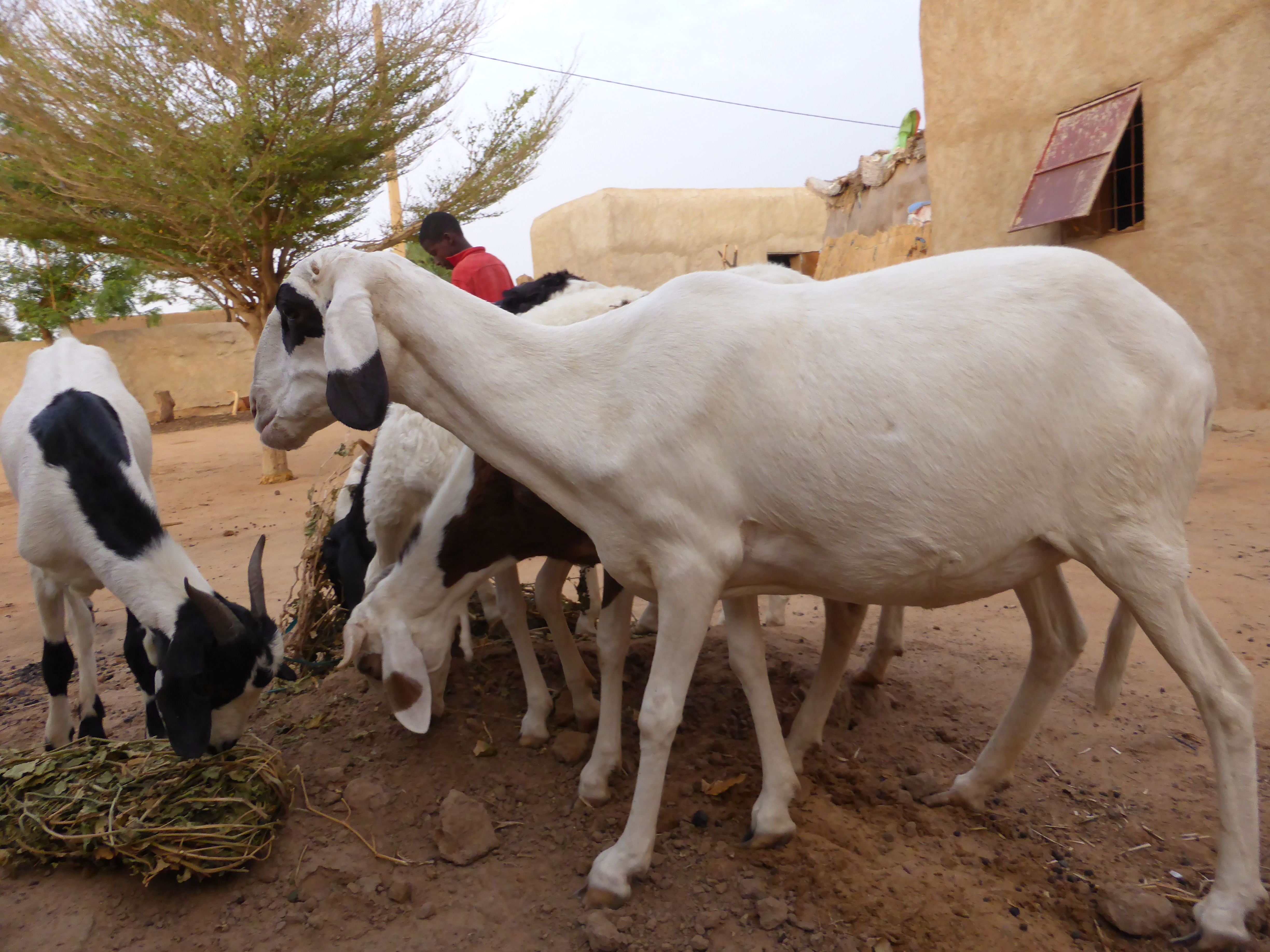
Kobbu nbiilaw
Project
- Log in to post comments


